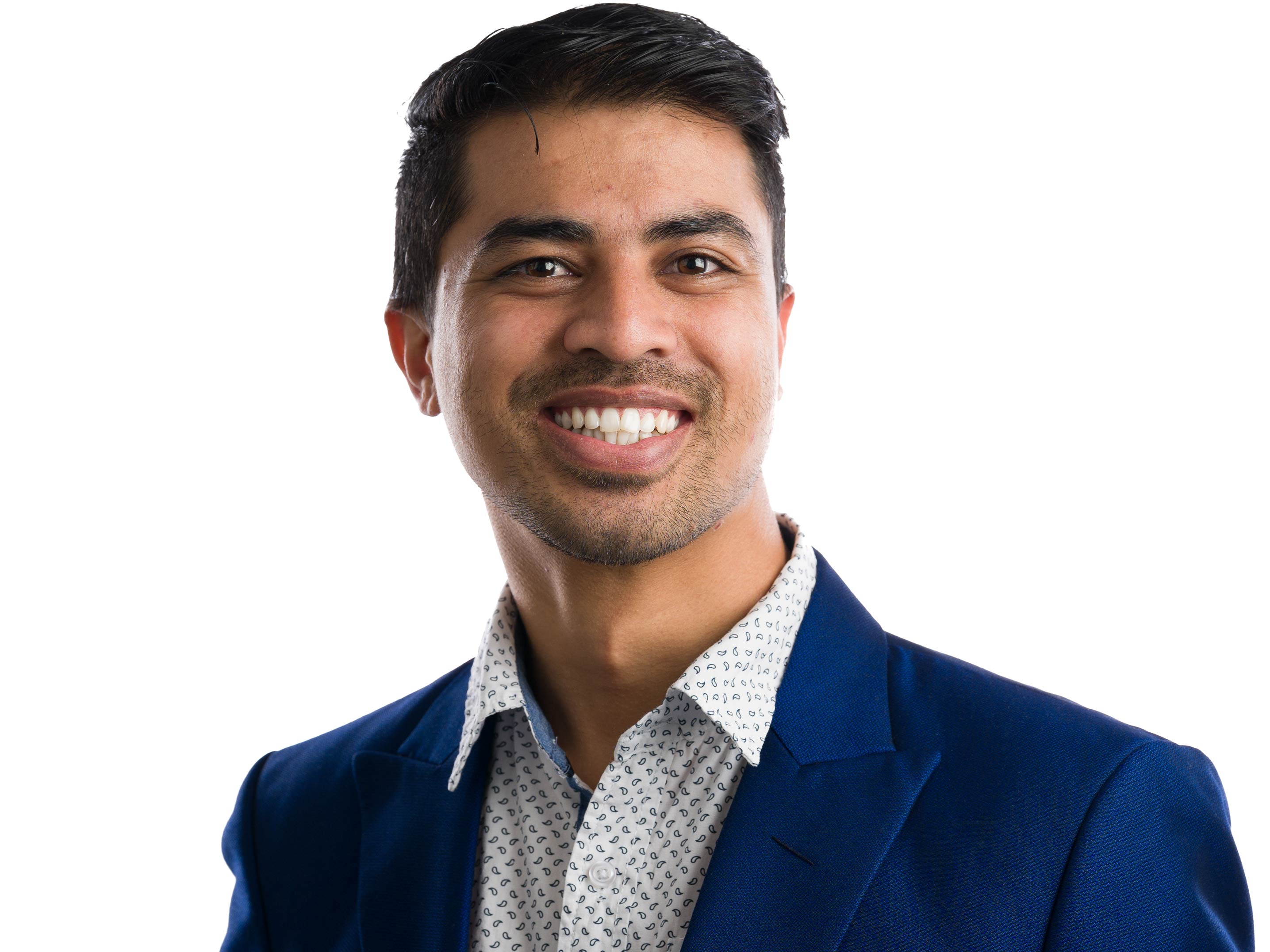USU Engineering Scholar Showcases Transportation Research
Transportation electrification. It’s a phrase you’ve probably heard once or twice before. The output of electric vehicles and electrified roadways has been a hot topic for years as researchers, experts and politicians race to find alternative forms of energy.
Utah State University even has a National Science Foundation sponsored research center dedicated to widespread transport electrification: Advancing Sustainability through Powered Infrastructure for Roadway Electrification, more commonly known as ASPIRE. There, faculty, students and experts alike are figuring out ways to make electricity useful for vehicles and roadways.

Megh KC is a doctoral student studying under associate professor Dr. Ziqi Song. His research focuses on transportation, including the high costs of electric buses, effects of climate on the transportation sector and making transport system more inclusive to disabled people.
Megh KC is a doctoral student studying under associate professor Dr. Ziqi Song. His research focuses on three main issues of transportation, including the high costs of electric buses, climate change through the mitigation of decarbonization of the transportation sector and making transport system more inclusive to disabled people.
The first issue is accelerating school bus electrification. One-to-one diesel bus replacement with electric buses is difficult because of high upfront costs of electric buses compared to the diesel counterpart. Diesel transport has also been widely criticized for contributing to pollution.
“My research will solve the problem of school transport electrification through dynamic route optimization and partial charging including bus timetabling,” KC said. “I developed a mathematical model that reduces the number of buses to deploy, taking consideration of partial charging, operation cost and student travel times.”
He and Song are developing a metaheuristic algorithm, or a type of strategy to guide search processes, to solve the problem on a large-scale school bus transport electrification through operational cost optimization.

KC presented his research at the Transportation Research Board Annual Meeting in Washington, D.C. this January and received a certificate of recognition from the Young Member Council for Sustainability and Resilience.
KC presented his research at the Transportation Research Board Annual Meeting in Washington, D.C. this January and received a certificate of recognition from the Young Member Council for Sustainability and Resilience.
One of the biggest issues arises over the fact that the United States is not a country easily traveled without a vehicle. A total of 10 percent of the population has disabilities that hinder mobility and thus make travel difficult. The equity and inclusivity in transportation is the critical and burning issue. KC critically examined mode choice behavior of mobility limited persons as per household travel survey Utah.
“As a part of the project from National Institute on Disability, our group aims to Enhance 4-step Travel Demand Modeling considering individuals with disabilities,” KC said. “Our findings revealed that we need to address transit accessibility issues and an inclusive mode choice modeling framework needs to be developed to make transportation systems inclusive.”
KC says the experience was humbling.
“I loved the networking and the opportunity to speak with representatives from the U.S. Department of Transportation,” he said. “I am also grateful to my advisor, Dr. Song, and all his hard work helping me with my research.”

